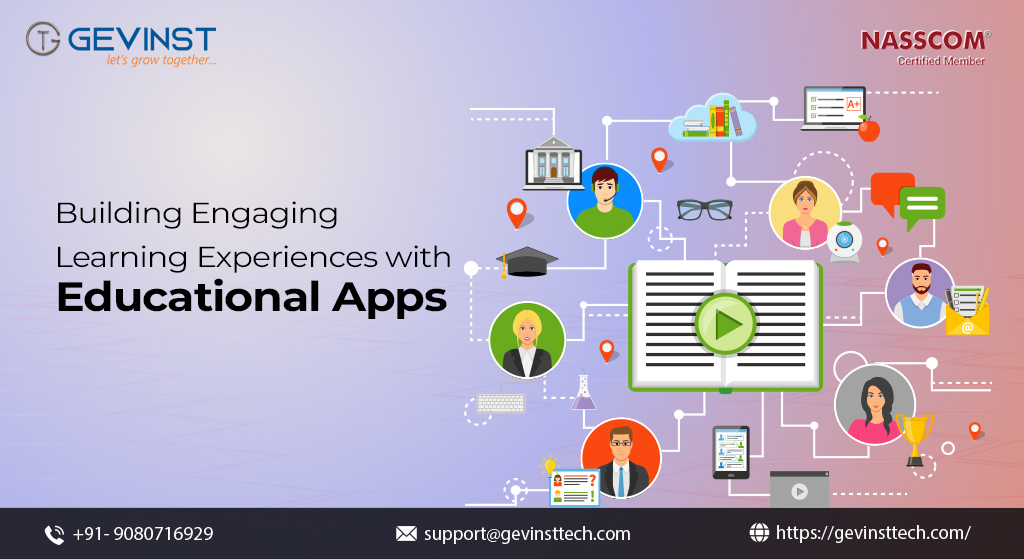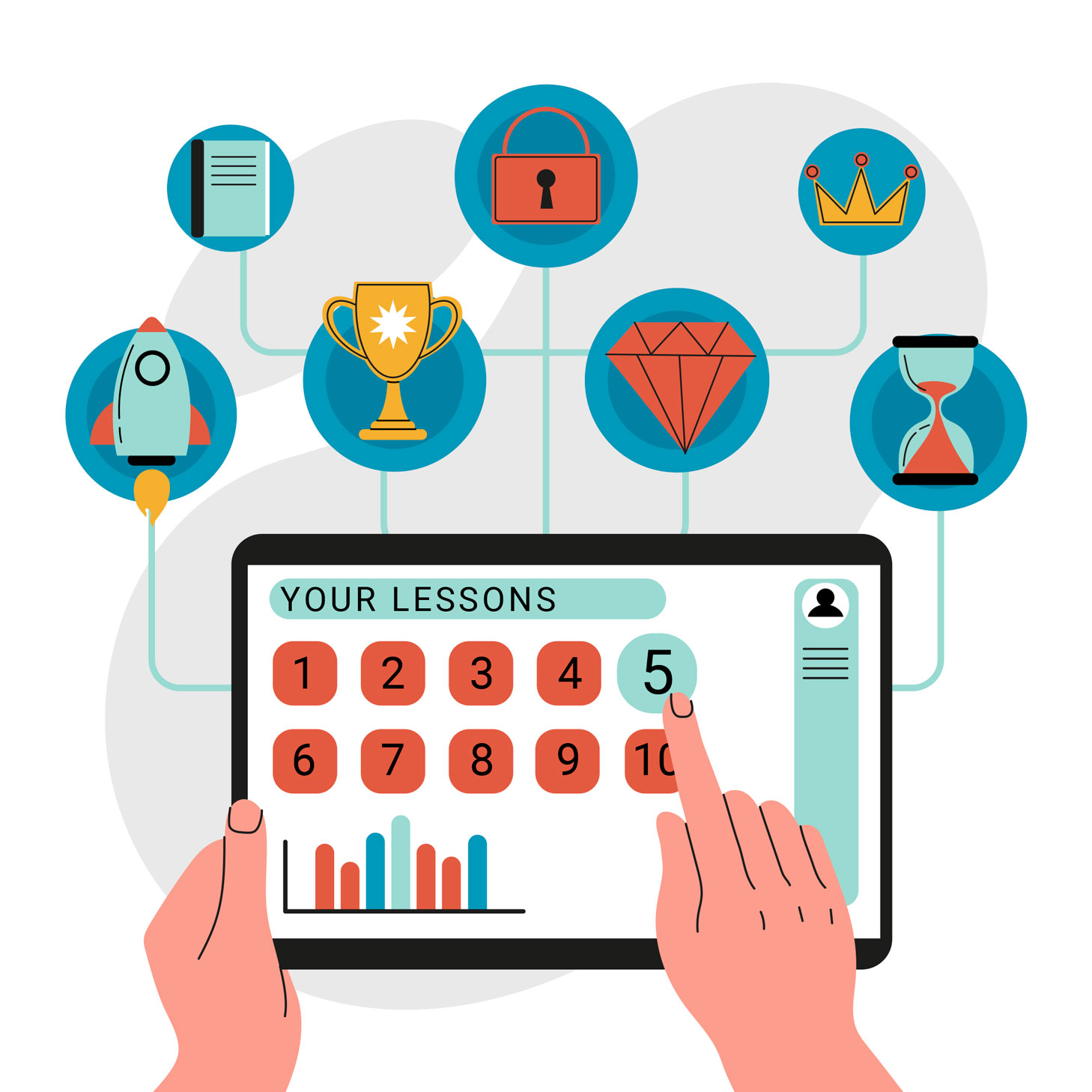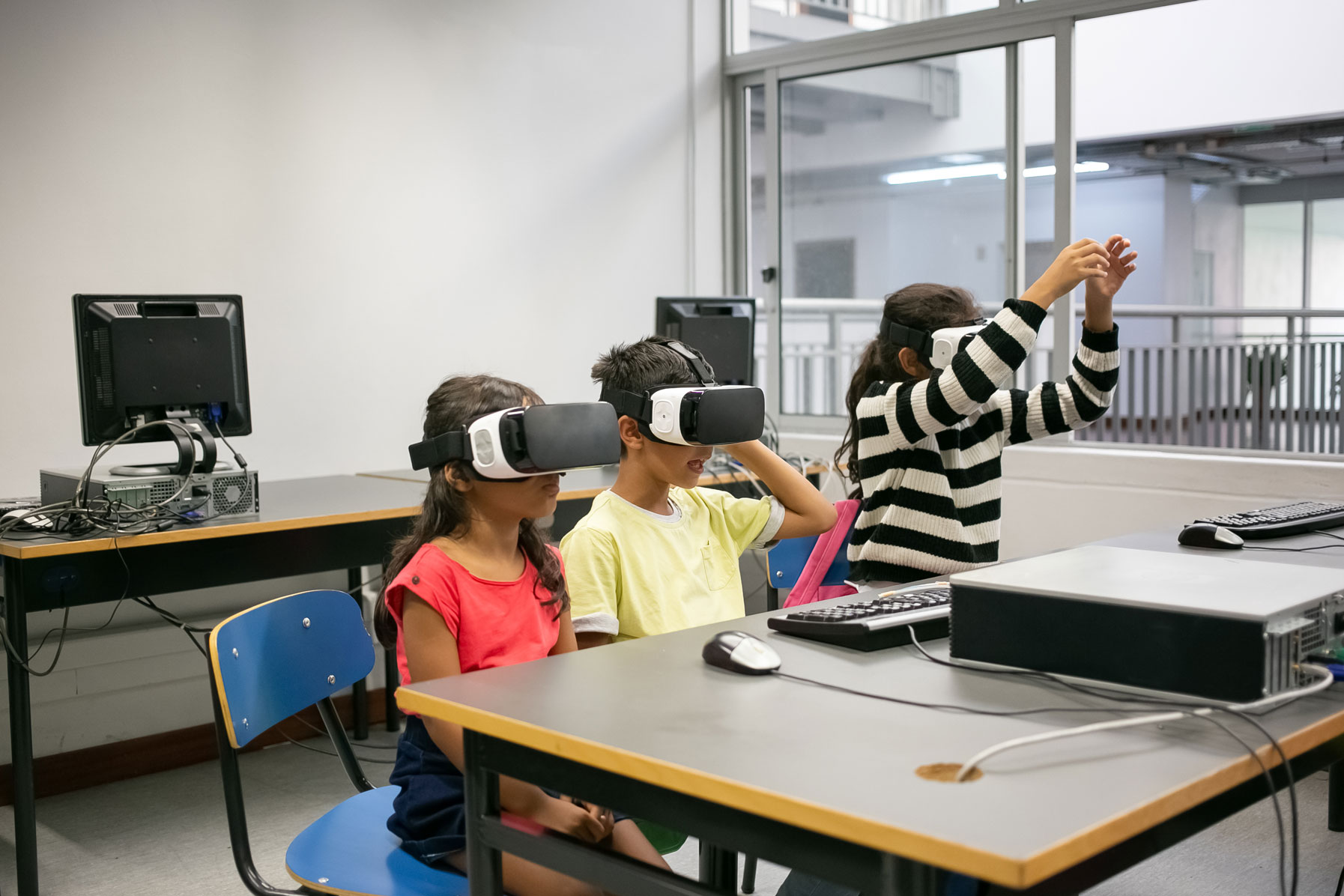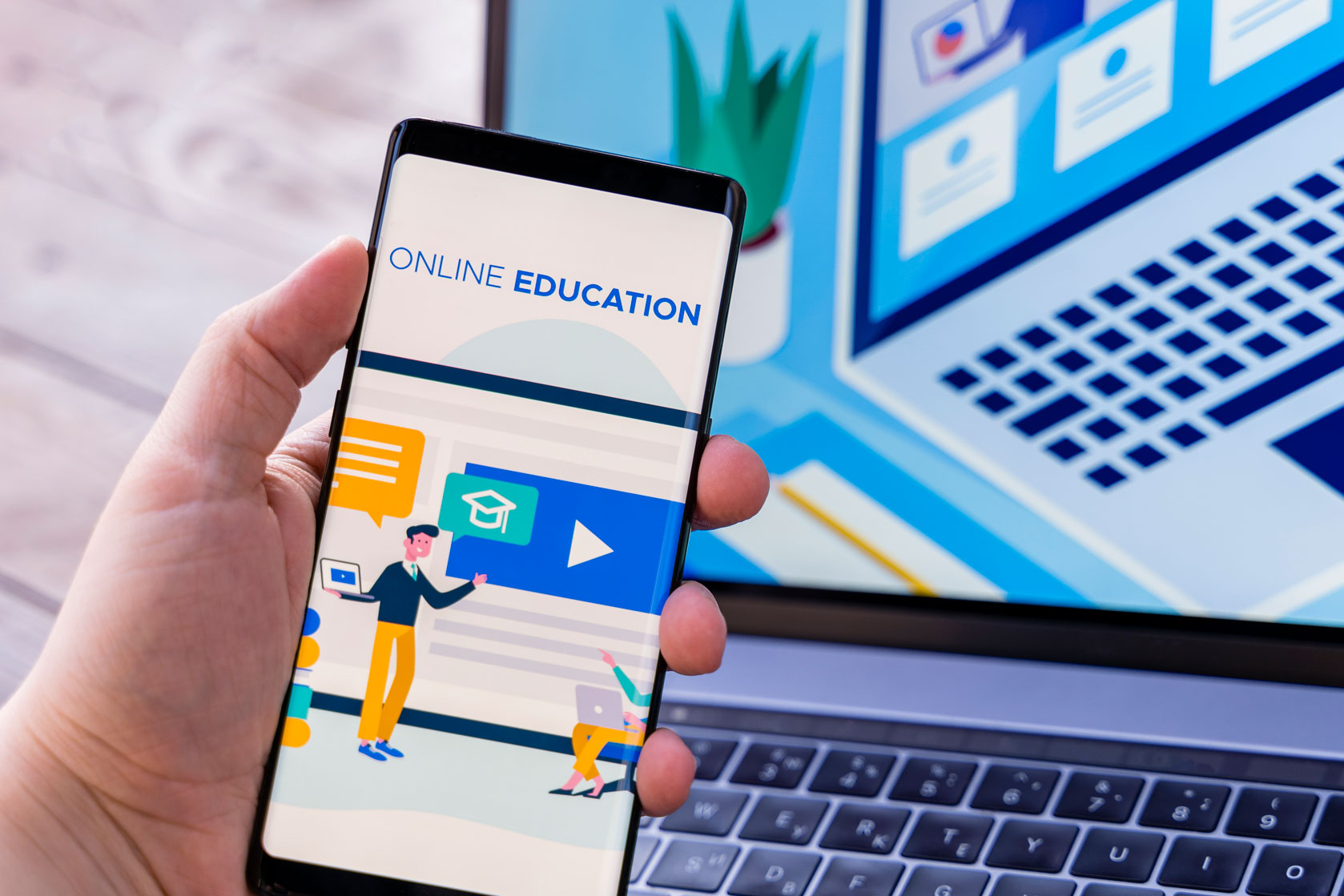
Education is undergoing a huge transition in today’s technologically advanced society. Learning is no longer limited to the traditional classroom setting thanks to the emergence of effective digital tools like educational apps. These apps provide a dynamic and captivating learning experience that meets the needs of a wide range of learners and inspires a passion for learning in people of all ages.
Due to the rising need for e-learning app development services, the industry of app development, and especially educational app development, is expanding quickly. The goal of education app development businesses is to provide engaging, cutting-edge instruction for a variety of subjects and students.
With that stated, let’s now dive into the world of educational application development, exploring the key aspects of creating engaging and impactful learning experiences through e-learning app development in this blog.
Why Choose E-learning App Development?
Traditional learning methods often face limitations like inflexibility, lack of personalization, and limited access to resources. Online learning apps address these challenges by offering several advantages:
- Accessibility
E-learning apps are available 24/7, allowing users to learn at their own pace and convenience, regardless of location or time constraints.
- Personalized Learning
These apps can adapt to individual learning styles and paces, providing a personalized learning experience that caters to different needs and preferences.
- Engaging Content
E-learning apps can incorporate multimedia elements like interactive games, simulations, and videos, making the learning process more engaging and interactive than traditional methods.
- Gamification
By incorporating game mechanics like points, badges, and leaderboards, e-learning apps can motivate users and make learning more fun and rewarding.
- Cost-Effectiveness
E-learning apps can be a cost-effective alternative to traditional education, as they eliminate the need for physical classrooms and resources.

Key Considerations for E-learning App Development
1. Define Your Audience and Learning Objectives
Establishing who your target audience is is the first step. Are you making an app for young people in primary school, college students, or professionals in the workforce? It is essential to comprehend their age, preferred methods of learning, and unique requirements to properly customize the features and material.
Next, specify your app’s precise learning goals. Which attitudes, abilities, or knowledge do you hope to acquire? This will direct the choices of exercises, topics, and evaluation techniques.
2. Craft Engaging Content and Activities
Gone are the days of passive learning experiences. Educational apps need to be interactive, stimulating, and above all, engaging.
Here are some strategies to achieve this:
- Incorporate multimedia elements
Utilize images, videos, audio, and animations to break down complex concepts and cater to diverse learning styles.
- Interactive activities
Include games, quizzes, simulations, and puzzles to make learning fun and reinforce understanding.
- Storytelling
Embed learning objectives within compelling narratives or scenarios to keep users engaged and motivated.
- Microlearning
Break down content into bite-sized modules or challenges that are easy to manage and fit into busy schedules.
3. Personalize the Learning Experience
For learning, there is no one-size-fits-all solution. Adaptive learning technology can be utilized by e-learning app development businesses to customize the learning process. Based on each user’s unique needs and progress, these technologies modify the learning program’s material, degree of difficulty, and speed.
4. Utilize Gamification
Games are inherently appealing to humans. Points, badges, leaderboards, and incentives are examples of game-like components that can be incorporated into the learning process through gamification. This can foster healthy competition and greatly boost motivation and engagement.

5. Leverage Emerging Technologies
The development of educational apps has interesting opportunities thanks to emerging technologies like virtual reality (VR) and augmented reality (AR). With the use of augmented reality (AR), students can engage with 3D models and investigate ideas in an immersive way. Virtual reality can immerse people in virtual worlds, bringing historical occurrences, natural phenomena, and physical locations to life.
6. Employ DevOps for Efficient Development
The DevOps methodology is centred around software development and involves development and operations teams working together, communicating, and automating tasks. This can expedite the process of developing educational apps, guarantee speedier updates and deployment, and raise the app’s general quality.
7. Integrate Feedback Mechanisms
Any learning process must be improved with constant feedback. To get customer input, think about adding tools like surveys, quizzes, or open-ended questions. By doing this, you’ll be able to comprehend how people use the app, spot potential areas for development, and tailor your features and content to suit their requirements.
8. Prioritize User Interface and User Experience (UI/UX) Design
Any app must have an easy-to-use and intuitive UI/UX design, but this is especially true for educational apps. The application should be visually appealing, simple to use, and responsive to different screen sizes and devices.
Keep in mind that learning should be a joyful experience that is effortless and engaging.
9. Consider Accessibility
You must ensure that your educational application is usable by every student, irrespective of their skill level. This entails adding capabilities like the ability to convert text to speech, closed captions for videos, and alternative text for picture descriptions.
10. Ensure Security and Privacy
Security and privacy are critical when handling sensitive data, such as user data. To safeguard user information, educational apps need to follow data privacy laws and have strong security features.
The Future of E-learning App Development
The development of educational applications has an exciting prospect. We may anticipate seeing even more cutting-edge and immersive learning experiences through e-learning app development as technology progresses..

Emerging technologies that provide interactive and engaging settings that mimic real-world scenarios, such as virtual reality (VR) and augmented reality (AR), have the potential to completely transform the educational process. Artificial Intelligence (AI) integration can also further customize learning paths by adjusting the pace and content to meet the needs and preferences of each user.
Benefits of Working with an E-learning App Development Company
Developing a successful educational app requires a team with expertise in mobile app development and educational technology. Partnering with a reputable education app development company offers several advantages:
- Experience and Expertise
They possess the knowledge and experience to design and develop an app that meets the specific needs of the educational sector and incorporates best practices in e-learning.
- Technology Stack
They have access to the necessary tools and technologies for mobile app development, web development, and devops to ensure a smooth and efficient development process.
- UI/UX Design
They understand the importance of creating a user-friendly and intuitive interface that caters to a diverse range of users.
- Content Creation
They can assist with content creation, ensuring the app offers engaging and high-quality educational material.
- Testing and Deployment
They provide thorough testing and deployment services, guaranteeing a bug-free and user-friendly application.
Examples of Successful Educational Apps
Several educational apps have garnered widespread recognition due to their innovative approach and user-centric design:
1. Duolingo
This language learning app utilizes gamification elements like points, leaderboards, and streaks to make language learning fun and engaging.
2. Khan Academy
This non-profit organization offers a vast library of free educational resources, including interactive exercises, videos, and practice problems.
3. Headspace
This mindfulness app provides guided meditations and exercises to help users manage stress, improve focus, and promote well-being.

Conclusion
Educational app development has enormous potential to revolutionize learning experiences and make education more accessible and interesting for everyone. Future learning environments will be more dynamic and productive if you grasp the important factors, make use of the experience of an e-learning app development business, and concentrate on developing an impactful and user-centred app.






